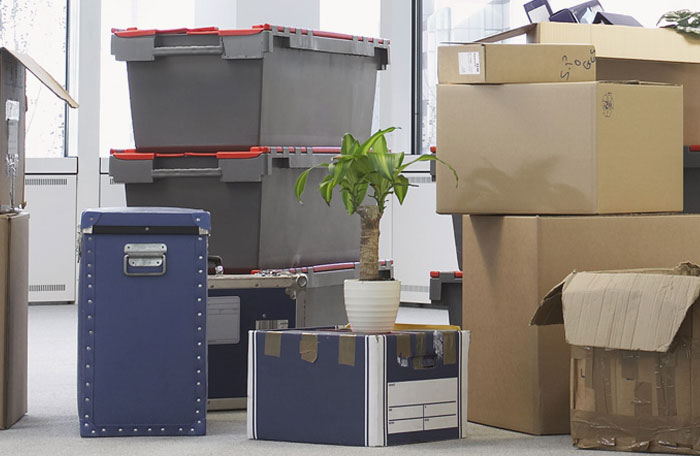Whether you are moving your business down the block or across town, the whole relocation should be stress-free. Poorly handled relocation can only become a huge headache for you, your employees and your clients as well. In the worst-case scenario, you will end up surrounded by boxes and bubble wrap which will make you overlook some important details or put your business on pause. That’s why you should organize and plan the relocation carefully and thoroughly, and here is what you should cover.
Start planning early
Planning is everything! As soon as you have set the date for moving, start planning and organizing. You will need at least three months to come up with a clear and concise plan. Go through all the stuff you have in your old office and decide what should be eliminated, donated or moved into the new space. Check with your local charities if they accept old office furniture and when they can pick it up. The same goes for old electronic equipment. Additionally, inform your employees about moving on time. Keep them updated about all your plans and dates so they could manage their work accordingly and help you achieve a smooth transition.

Recycle old electronics
Moving is good since you can finally get rid of some old electronics no one will ever use. Old office phones, fax machines, computers and laptops that are outdated should be disposed off safely. Careful handling of these will ensure the protection of your company’s data and security, while preventing any damage to the environment. Make sure you delete any personal data from the devices and do not sell, recycle or donate the devices before you have wiped them clean. Once they are clean, you can dispose of them through some of the Sydney’s recycling agencies, donation programs or simply by selling them.
Non-essentials first
Thoroughly analyse which parts of your office are essential and which are less essential. You can easily move the non-essential parts first to the new office space, and reduce downtime. To make things even faster, you can rely on the guys behind The Moveage Group to relocate some bigger non-essential pieces of furniture and your paper files. Just make sure that everything packed in boxes is carefully labelled to avoid any mishandling and damage. As far as the day-to-day equipment is concerned, it should stay in your old office until the actual moving day.
Coverage during the move
It’s not practical to completely shut down your business while moving. The best option is closing your doors for a day or a weekend. If you think you will need some more time, it is essential that you inform your customers, but if you start planning early you won’t have to close for a longer period of time. Nevertheless, your clients should be informed, especially if you operate your services remotely, so no inconveniences and lost money would occur. Also, you can designate one employee as the emergency contact so your business would keep running while moving.
Optimize storage
No matter whether you are moving into a bigger office or not, you should work on storage optimisation. Instead of overcrowding your new office, put your old or rarely used documents and files in storage. This will significantly minimize the real estate footprint and cut some costs. If you decide to search for a storage unit, don’t focus on the price only. Consider other factors, such as the climate control of the unit, offered security and if there is the possibility of password protection. All these factors will make sure your files and documents are safe and that they won’t be damaged by extreme temperatures.
As you can see, there are plenty of ways to reduce stress while moving your office. Start planning on time and don’t forget to inform everyone who needs to know about it. This way, none of your clients and employees will be stressed out and you will manage to happily resume your work in a new office.

